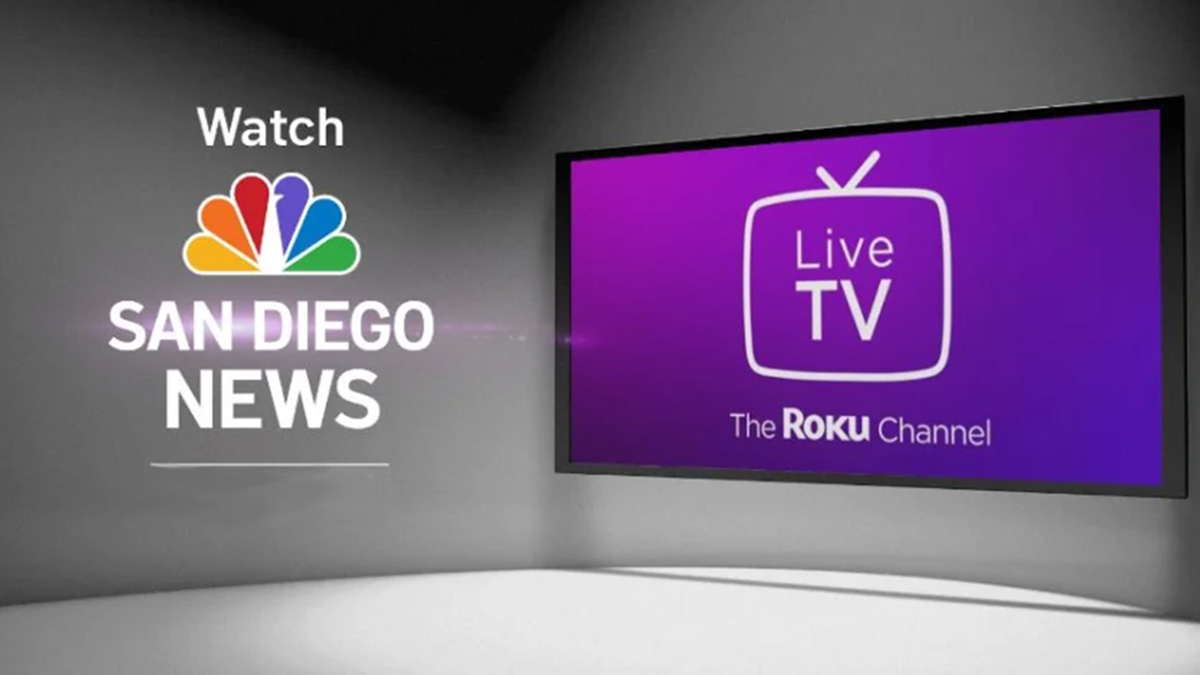
At NBC San Diego, we aim to create journalism that is trustworthy and transparent, and cover stories that matter to the San Diego region and the many audiences who live here. Our newsroom follows certain standards and principles when investigating, writing and building our news coverage to ensure accuracy, fairness and quality.
The standards described here aren’t meant to be a comprehensive manual to any ethical question that might surface when covering the news. Instead, these standards, also followed by our sister station Telemundo San Diego, are pillars upon which we operate when navigating editorial decisions on a day-to-day basis.
Accuracy and fairness
Accuracy and fairness are fundamental principles of journalism. As we gather information and images from various sources, we make every effort to verify and ensure both.
Get top local stories in San Diego delivered to you every morning. >Sign up for NBC San Diego's News Headlines newsletter.
Accuracy requires that we ensure all facts are correct and presented in proper context. Accuracy also extends to the images we use and the need to verify them. If we do not have the full context of a photo or piece of video, we aim to make that clear to our readers.
We also aim to ensure fairness in our coverage by keeping an open mind about a story from start to finish. We make good faith efforts to seek out and present all relevant facts and points of view. We always attempt to contact the subjects of our reporting for comment, providing them with sufficient detail of our report and allowing them reasonable time to respond.
In the absence of an immediate response, we include past statements where relevant. In those instances when we decide to report on allegations first reported by another trusted news source, fairness dictates we attempt to get our own comment from those criticized or accused of wrongdoing. Until we get our own comment, we typically report (with attribution) any relevant response given to another news organization.
Sourcing
At NBC San Diego, we aim to verify information and present that information with as much transparency as possible. Generally, the information included in our original reporting will come from two independent sources who have direct knowledge of a situation or one official or authoritative source speaking on the record. If we do include information from a single source or an anonymous source, we do so only after careful consideration of a number of factors. These factors include whether the information is coming from someone who has direct knowledge of the situation, whether the source has been reliable in the past, if there are ways to verify the source’s information and whether or not the source has a distinct motivation or bias.
Corrections Policies
If we learn that our reporting is flawed or misleading, we take prompt action and clearly disclose the mistake to our audience. Owning up to and correcting our errors is essential to maintaining your trust.
We aim to fix and run a correction for any error of fact in a digital or broadcast story, even errors that may seem insignificant to those not involved in a story. Our corrections generally will first describe the nature of the mistake, followed by both the correct detail and the original, incorrect detail. We may instead use clarifications when there is no error but the story lacked a piece of important context or failed to explain a situation fully.
Digital Content Removal Policy
We will consider removing content from our digital platforms on a case-by-case basis. If the subject of a story provides proof charges were dropped, they were found not guilty or their conviction was expunged, we will consider removing the story. We will not remove names or articles concerning violent crimes, sex crimes, crimes against children or cases of public corruption.



